The success in Jammu and Kashmir and Jharkhand have capped one of the most successful year of the BJP, which romped home with a thumping majority in May last. However, as the New Year begins, the proverbial six-month honeymoon period for the NDA government is about to be over. So, the focus now should be on governance. Experts say that there are three issues Modi has to keep an eye on: These issues have emerged as problem areas from the experience of recent months, they are far from irresolvable and not even remotely crises. Even so, they need to be addressed as quickly as possible. First, however one may explain it, the government’s pace of economic policymaking has been slower than expected. It has not helped that key legislations, such as those for enhancing FDI limits in insurance and opening up the coal mining sector, have been blocked or delayed by the Rajya Sabha. True, this has not always been the government’s fault. The BJP’s numbers in the Rajya Sabha are simply not large enough and the NDA is in a minority. Given the fractured nature of the Upper House, small but effective parties such as the Trinamool Congress and the CPI (M) have deployed a Duckworth-Lewis tactic of filibustering and punched well above their weight. They have disrupted the House and prevented voting on Bills. The Congress, actually much weaker and much more confused that its numbers in the Rajya Sabha suggest, has hidden behind these fringe parties and been happy to hurt the government.
Human exploitation is the industrial world is the biggest tragedy of recent times. From the factories exploiting children in the country’s biggest cities like Delhi and Mumbai to the hinterland of Odisha and Jharkhand where children are still illegally employed as bonded labourers, his organisation has rescued them in almost all parts of country. He has advocated for stricter laws against child trafficking and labour and met with mixed success so far. While growing up, Satyarthi has said he was concerned about the plight of child labourers around him and it finally prompted him to start an organised movement. His early attempts to raid factories employing child labourers met with hostile reaction from the factory owners and at times the police but the significance of his work was slowly recognised. He also played an important role in the movement for Right to Education law for free compulsory education to children. Several prestigious awards have been conferred on him, including Defenders of Democracy Award (2009-US), Medal of the Italian Senate (2007-Italy), Robert F Kennedy International Human Rights Award (USA) and Fredric Ebert International Human Rights Award (Germany) etc.
The national resources of the country are exploited by certain group of powerful industrialist with government tacit support. In August, while declaring the block allocation illegal, the court had remarked that they were done by an “adhoc and casual” approach “without application of mind” and without looking into aspects of “common good and public interest”. The allocations lacked “transparent procedure” resulting in “unfair distribution” of a “national wealth” – coal – “which is king and paramount Lord of industry”, the court had observed. The disputed coal block allocations to private companies were made on recommendations by a screening committee set up in 1992 to evaluate the merit of applications from such power-generating companies to run captive coal mines. The government companies were allocated coal blocks by the coal ministry through the government dispensation quota. Shares of metal companies like Jindal Steel, Tata Steel, Usha Martin and Hindalco fell in the stock market soon after the court order. Finally we are looking for justice for the common man to whom the countries resources actually belongs.
—Prashant Tewari, Editor-in-Chief








 OpinionExpress.In
OpinionExpress.In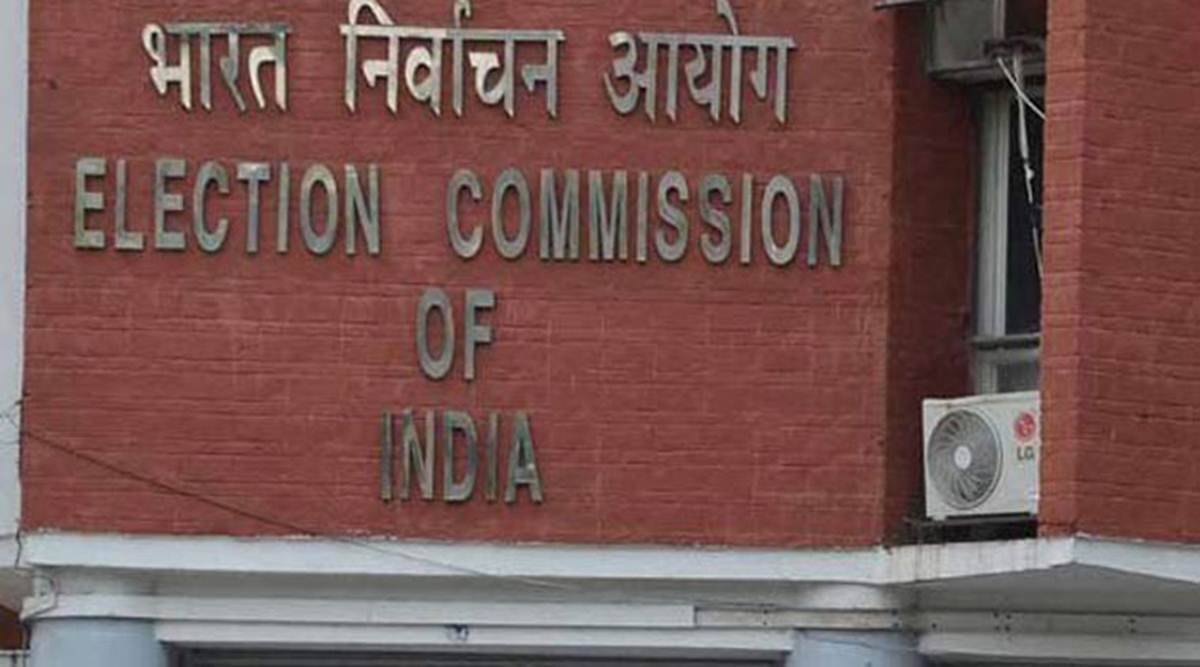
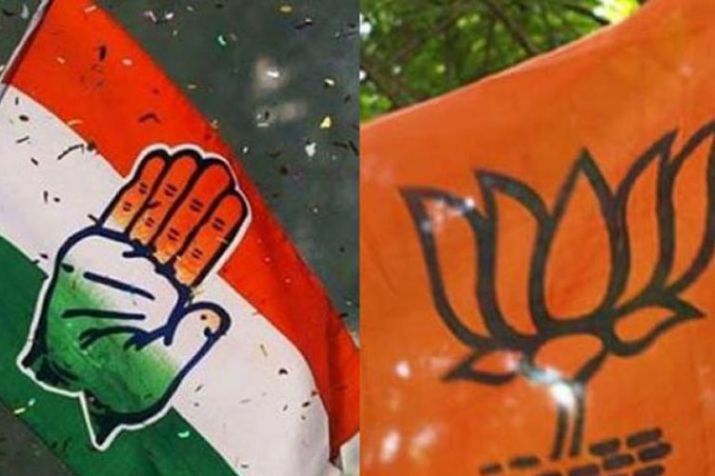
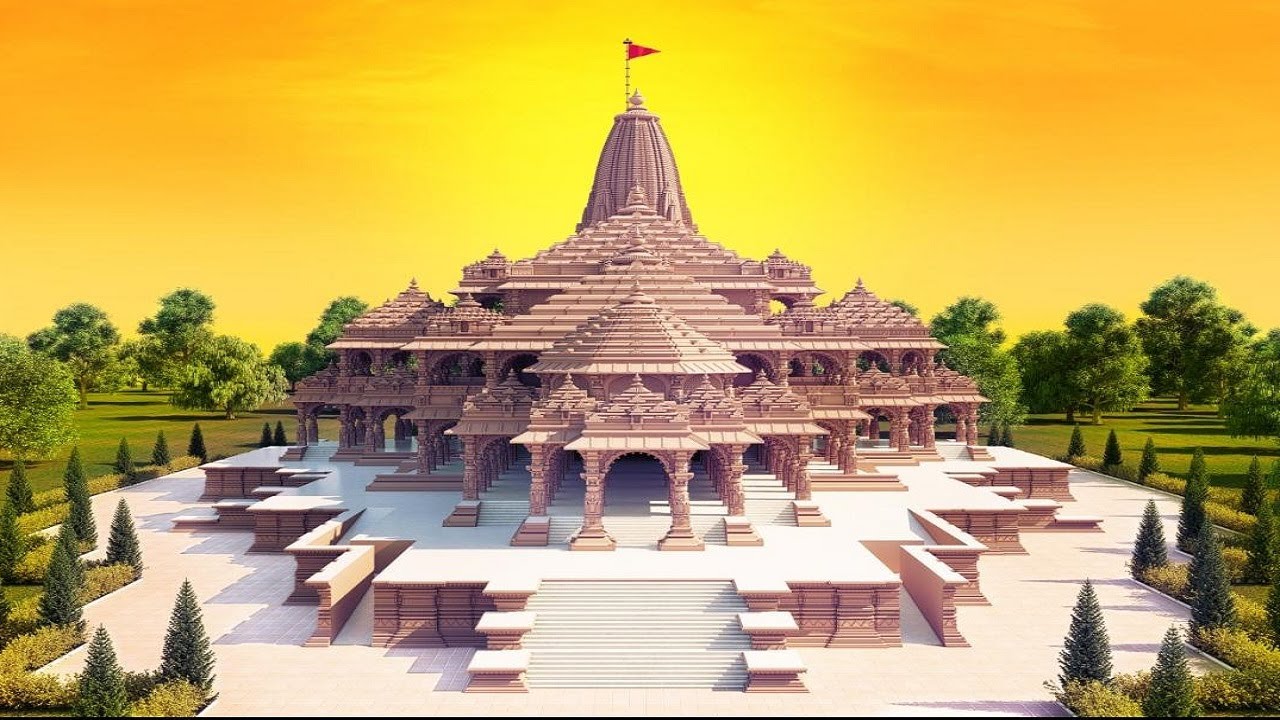
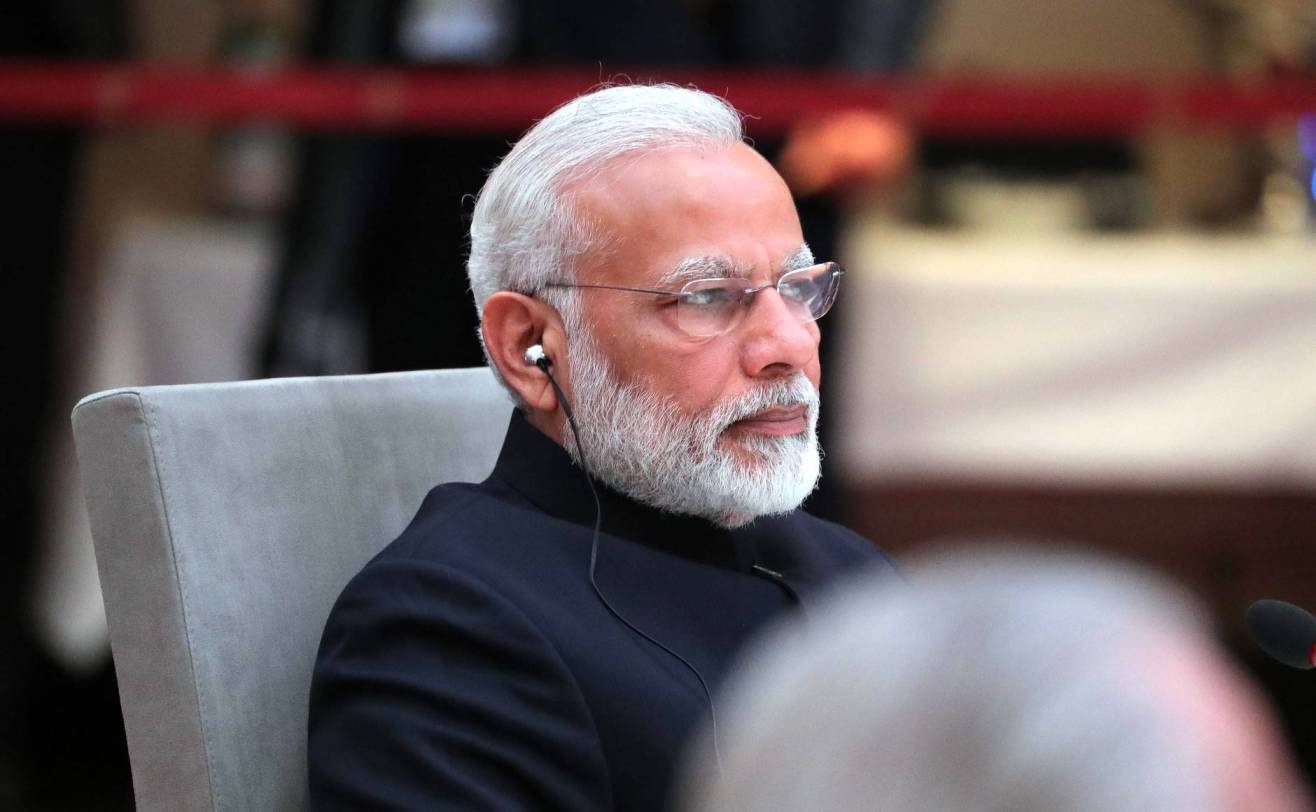

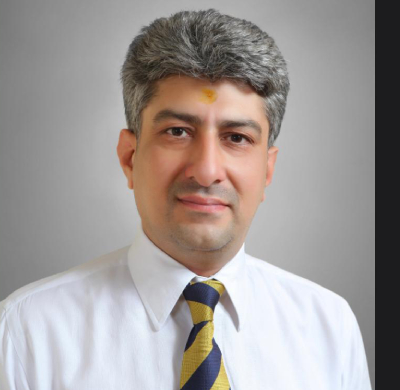



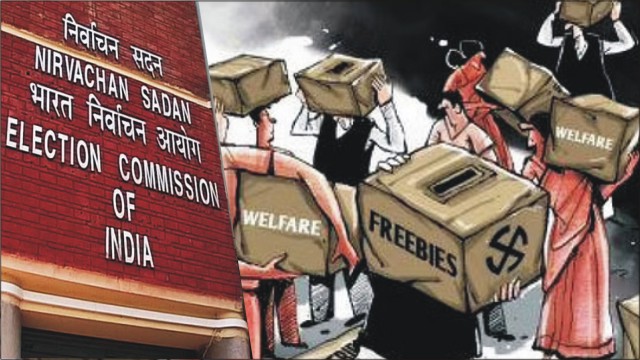






Comments (0)